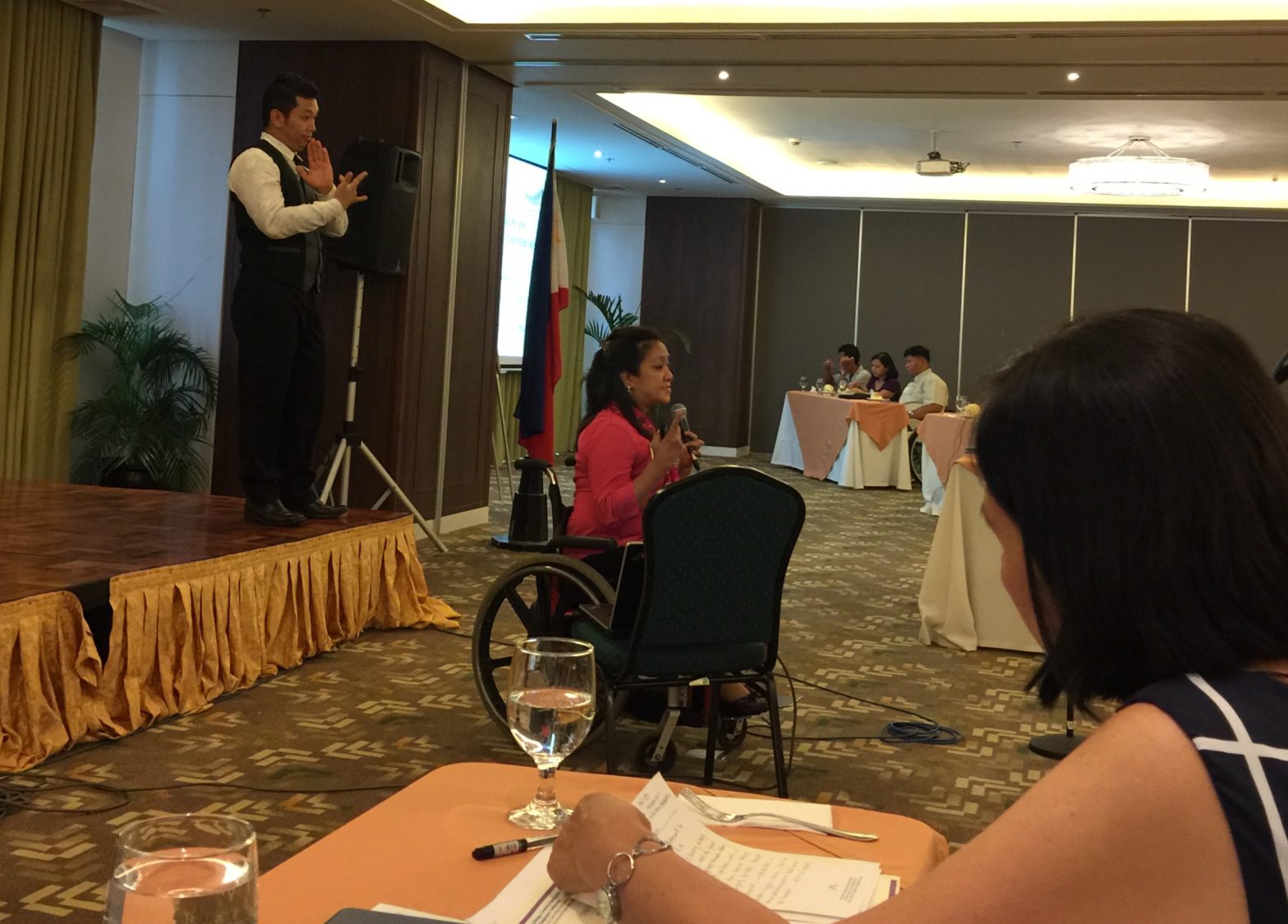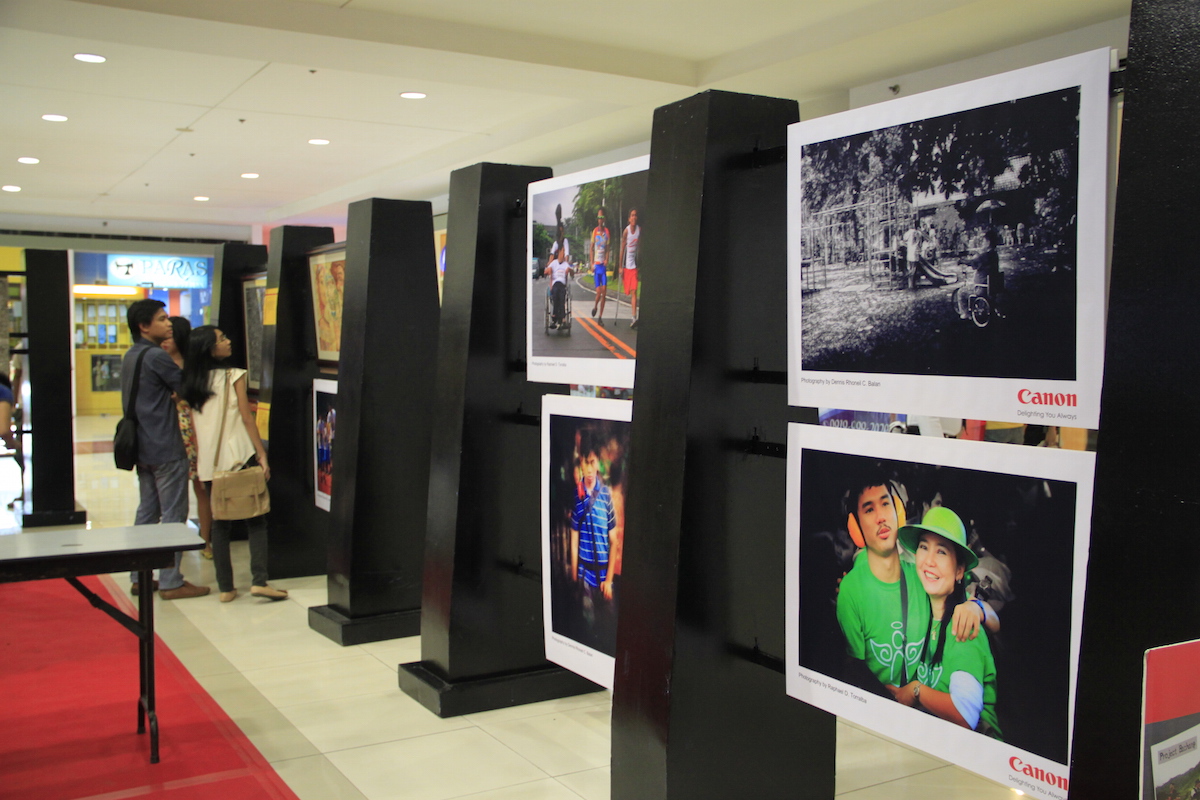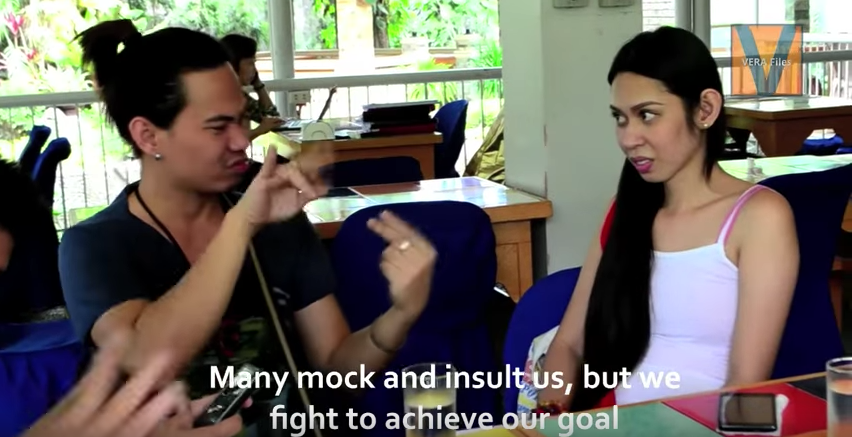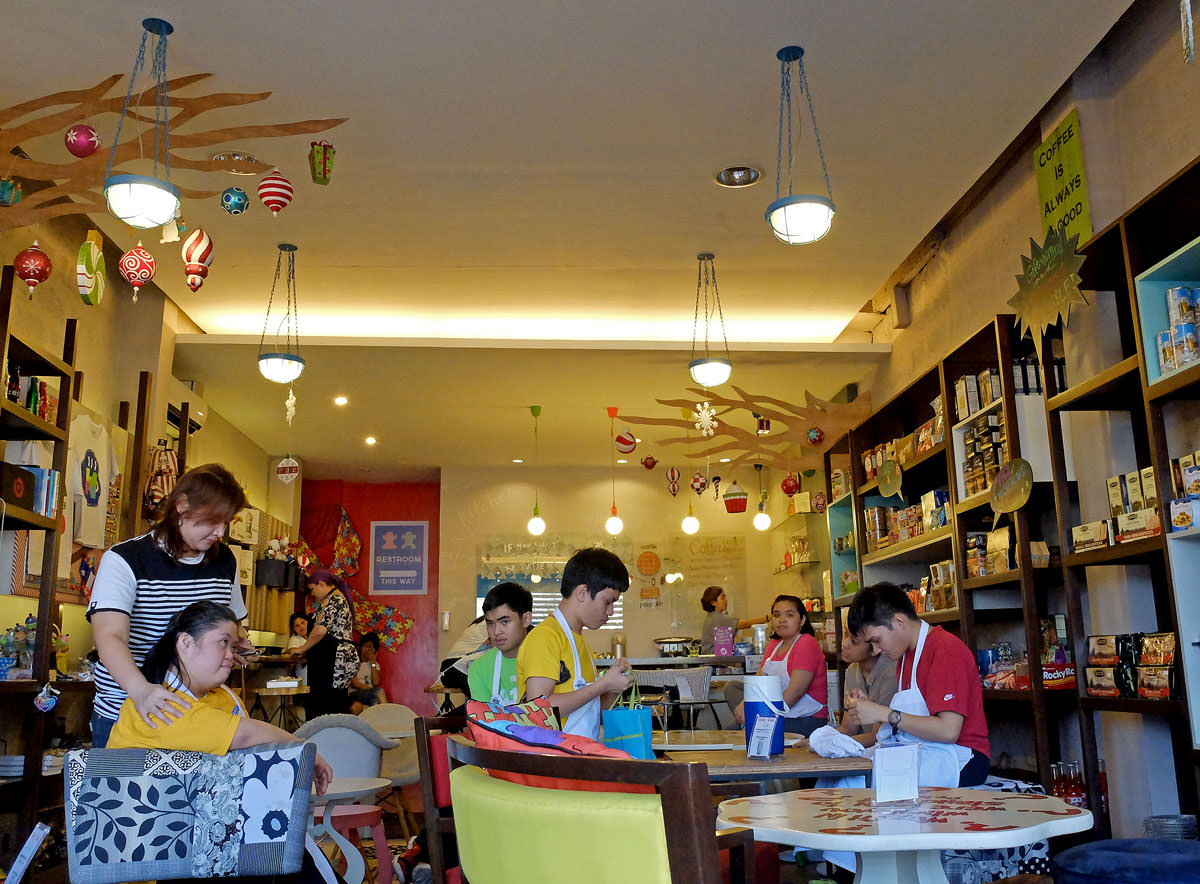
YSABELLA Canoy is busiest on Thursdays.
It’s the day of the week when she juggles managing her café and supervising trainee-employees.
She coaches one to take the order of a newly arrived customer, and then teaches a group to bake cookies.
Her method is a calm repetition of carefully crafted instructions: switch on the waffle maker, take the batter out of the refrigerator, wait for the light to turn green.
She uses index cards to better visualize these tasks, and then repeats her instructions until she is satisfied her trainees are ready for their hands-on practice.
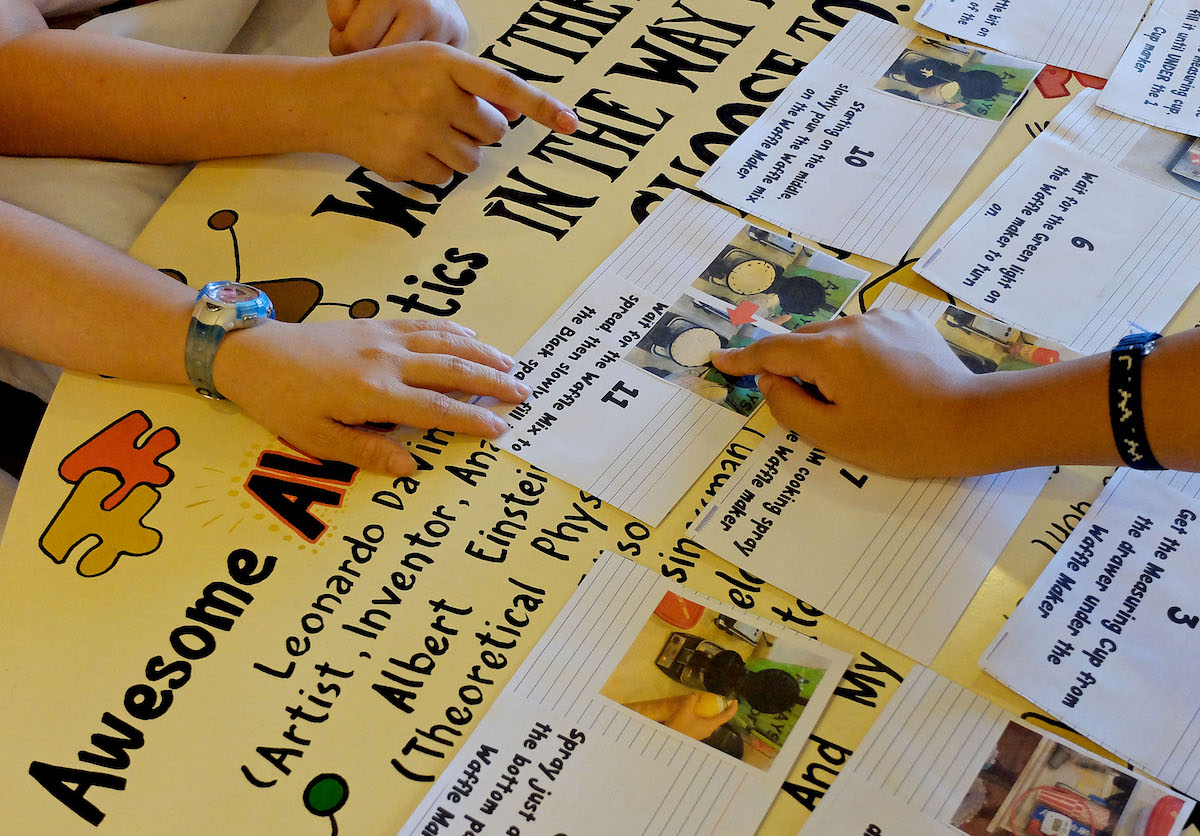
One trainee consistently interrupts her, but Canoy, who used to be a pre-school teacher, remains unflustered.
“You need to have more patience here than in dealing with pre-school kids,” she says.
Her trainees have one thing in common. They all have developmental disabilities.
Puzzle Café, which Canoy and her siblings set up in Quezon City a year ago, aims to raise awareness on autism and train persons with developmental disabilities for employment.
The café began as a sort of personal project for them.
Planning for their future after the retirement of their father, they had to consider their brother Jose, who has autism.
“It was up to us to give him something to do for the rest of his life,” Canoy says, who herself initially wanted to take up further studies in child development.
At first, they planned to open a convenience store, but later decided that the socialization component of working in a restaurant could be good for Jose.
Puzzle Café was born.

The small neighborhood café has become a place for adults with developmental disabilities to be trained with skills that could make them employable.
“Puzzle Café is a middle ground, a stepping-stone for these individuals before employment,” Canoy says.
The lack of a simulation of a work environment in school, she adds, makes the entry into the work force an overwhelming experience for them.
“We are lucky because we get to experience [on-the-job training] in companies that allow us to adapt to the work force. It takes them more time to adjust,” she says.
Acknowledging the gap in their adaptive skills, Canoy says it is her goal to help individuals with developmental disabilities learn how to cope with the stress and challenges that come with being employed.
“Our country is not ready to hire them yet, although there are individuals [with disabilities] who are already employed. Some are chefs and some are graphic designers. They are starting to enter the work force but not without problems,” she says.
Her sentiment is reflective of the overall employment situation for persons with disabilities (PWDs) in the country.

Many companies, for example, hire PWDs only as part of their corporate social responsibility (CSR) programs.
Unfortunately, after the CSR programs are finished, few, if any are hired full-time. (See Companies told not to hire PWDs to boost image)
Canoy says that more than gaining skills for employment, her trainees at Puzzle Café are provided the opportunity to do something with their time and not be constricted to an idle stay at home.
“Growing up, we experienced how people saw individuals with autism. They were looked at with pity,” she says.
She observes that for many customers, dealing with persons with autism can be tricky.
The café thus strives to provide a space for people who want to have genuine conversations with these individuals, she adds.
Managing the café and training individuals with developmental disabilities can take a toll, Canoy acknowledges.
“When you’re here, you experience everything: the fatigue, the exasperation,” she says.
But she says it is worth it.
Her trainees still have a lot of learning to do, but she relishes in their small improvements. Just earlier, she says, one of the trainees learning how to use the waffle maker was able to read the text on the index cards.
“That was a huge development. What a revelation!”


